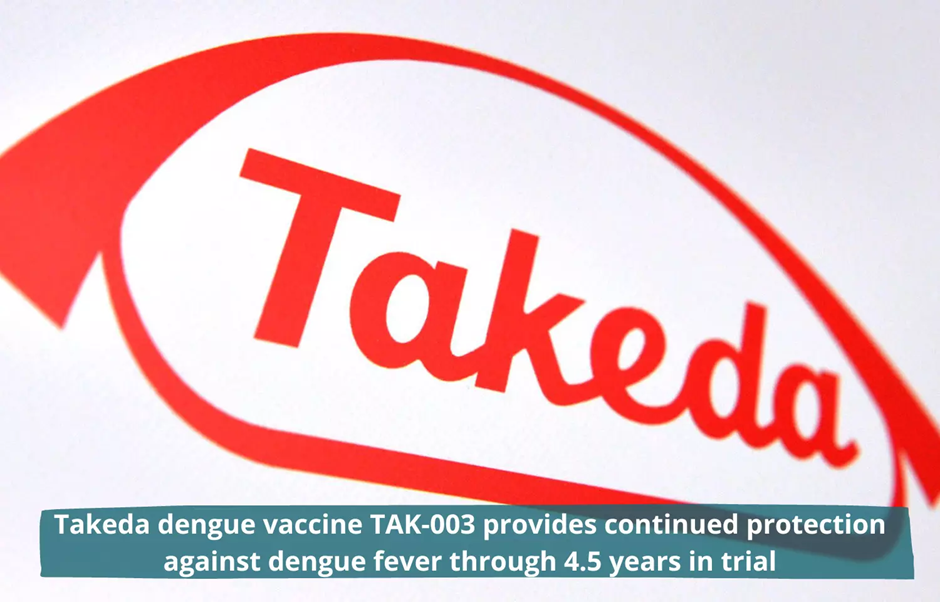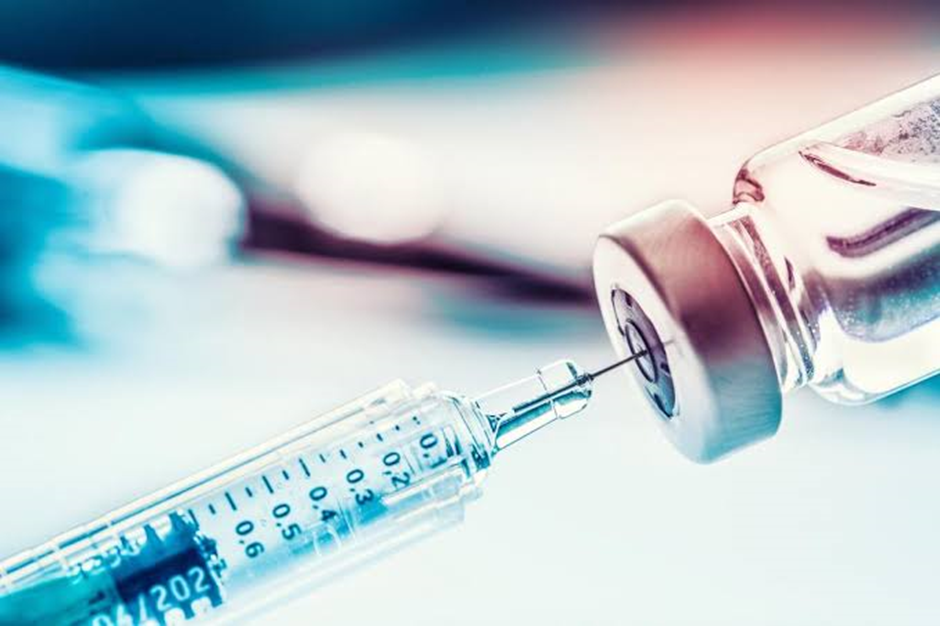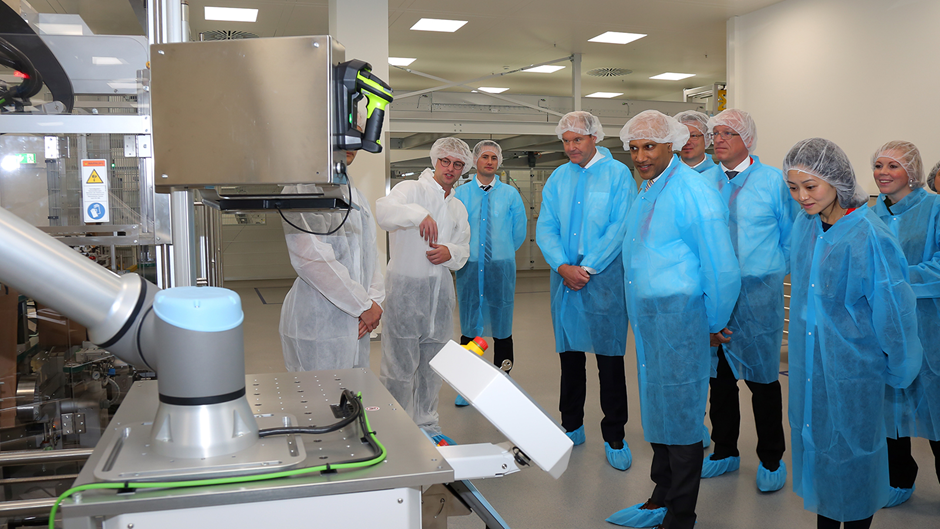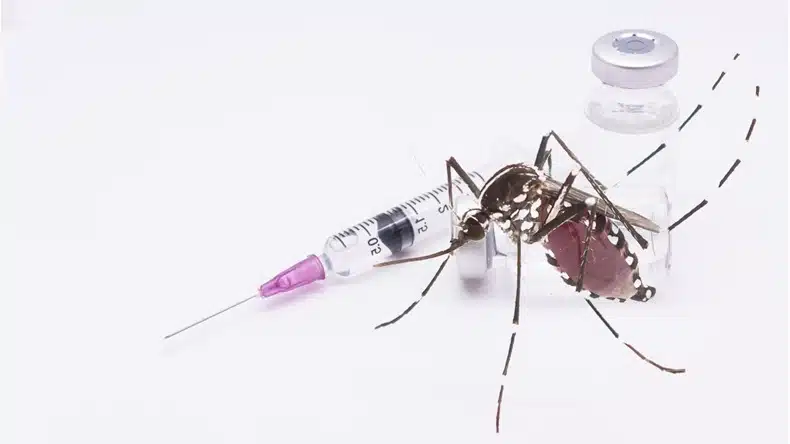Takeda’s new dengue vaccine has been proven effective and went for review. A possible release could be next year in Indonesia.

Dengue prevails in more than 125 nations; the viral illness is spread by mosquitoes and represents a serious danger to public health worldwide.
Dengue outbreaks have lately occurred in the Philippines and are commonly seen in tropical and subtropical regions.
Dengue cases were 172,985 according to the Department of Health (DOH) Epidemiology Bureau’s most recent Epidemic-prone Disease Case Surveillance (ECDS) data for Morbidity Week 38 (January 1 to September 24, 2022).
Comparing the current statistic to the same time last year, it has increased by 197%. With the monsoon season continuing until the end of the year, an increase in cases is still anticipated.
Takeda’s dengue vaccine approval
The Indonesian National Agency for Drug and Food Control, Badan Pengawas Obat dan Makanan (BPOM), recently authorized Takeda’s dengue vaccine for the prevention of dengue fever caused by any serotype in people aged six to 45. Takeda is a multinational pharmaceutical business that places a strong emphasis on research and development. The vaccination should be administered in accordance with established guidelines.

The only dengue vaccine (TAK-003) licensed for use in Indonesian patients, independent of prior dengue infection and without the requirement of pre-vaccination testing, is the one manufactured by Takeda.
“We are excited to report that Indonesia has approved our dengue vaccine, ushering in a new era in the treatment of dengue.” This milestone is crucial since Indonesia has a high dengue prevalence in the area, which has a serious negative impact on the health and welfare of the populace, according to Dr. Mahender Nayak, Takeda’s Asia Pacific Area Head.
Dr. Nayak also said that their comprehensive clinical data shows that their dengue vaccine protects against all four dengue serotypes in children and adults, sparing Indonesian residents from significant illness and hospitalization. “We have arrived here today as a result of years of unwavering commitment and accumulated work, and we are still devoted to defending individuals living in dengue-endemic areas, many of which are found in this region of the world.”
The three-year dengue research
The findings of the current Phase 3 Tetravalent Immunization Against Dengue Efficacy Study (TIDES) trial, which included over 20,000 healthy children and adolescents aged four to 16 years living in dengue-endemic areas in Asia and Latin America, were used to support the approval of Takeda’s dengue vaccine. The study was conducted for three years following immunization.
Regardless of prior dengue exposure, the vaccine showed general protection against hospitalization and sickness from dengue three years after inoculation.
Additionally, it has typically been well tolerated, and the TIDES study has not yet revealed any significant safety concerns. Takeda recently released long-term safety and effectiveness findings from the TIDES study following 54 months of follow-up that further supported the vaccine’s safety and efficacy profile.
Takeda is dedicated to providing healthcare professionals and their qualified patients in Indonesia with their dengue vaccine. Takeda will collaborate with the BPOM and regional health experts to make the vaccine available in the upcoming months. Following participation in the EU-Medicine for All or EU-M4All procedure, the Committee for Medicinal Products for Human Use (CHMP) of the European Medicines Agency (EMA) recently released a favorable opinion, proposing authorization of Takeda’s dengue vaccine for the treatment of dengue infection induced by any serotype in people four years of age and older in Europe and in dengue-endemic nations.

Dengue Research Review
For a regulatory review of the dengue vaccine by Takeda, it is planned to be submitted to the Philippine FDA.
For the prevention of dengue infection and to make the dengue vaccine TAK-003 available all over the country, Takeda is dedicated to working closely with the Department of Health and local health authorities.
Dr. Lulu Bravo, who is the Executive Director of the Philippines Foundation for Vaccination, said that having worked for more than four decades on preventable diseases and vaccines, the Philippines can contribute to the SDG (Sustainable Development Goal) 3 by adding a dengue intervention for the public’s health as it could play as a cornerstone for achieving the goal of minimizing the needless suffering from avoidable diseases and early deaths by concentrating on essential objectives that improve a country’s entire population’s health.
Read more:https://tdznkwjt9mxt6p1p8657.cleaver.live/another-zika-virus-mutation-can-be-deadly-us-scientists/













